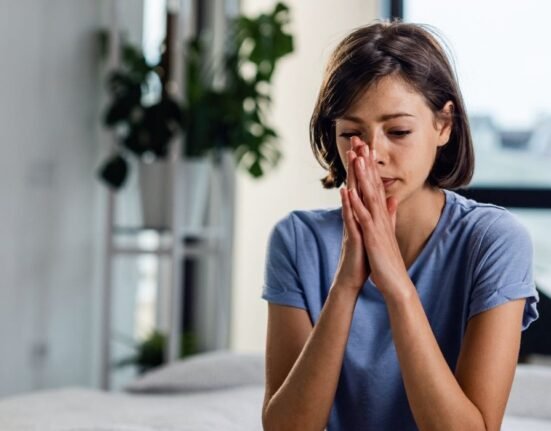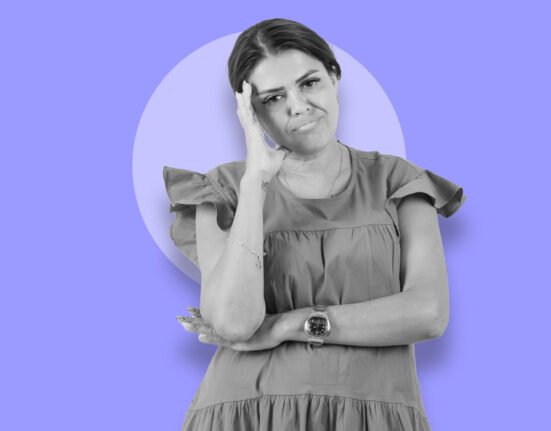Compulsive shopping is defined by an obsession that leads to shopping and buying, which then leads to adverse effects. It is characterized by an excessive interest in shopping as well as a lack of impulse control. This cycle can have several negative consequences, including financial problems and conflicts in relationships. Compulsive shopping, like compulsive gambling, is rarely taken as seriously as addiction to substances such as alcohol and drugs or other behaviors. This may be because it is not yet considered an official diagnosis for compulsive shopping. While compulsive shopping can lead to several problems, the “Diagnostic and Statistical Manual of Mental Manuals ” 5th edition does not recognize it as a distinct behavioral addiction. The problem was first described as “buying mania” by a German psychiatrist about 100 years ago and is now estimated to affect around 5 percent of the world’s population.
As a way to feel good and avoid negative feelings, such as anxiety and depression, people engage in compulsiveness. It is also referred to as, Shopping addiction and can take over, like other behavioral addictions, as a concern that leads to issues in other areas of your life. Although many people enjoy shopping, some may find themselves spending more than they expected. Some symptoms of compulsive shopping will include:
- Being concerned about shopping all the time
- Buying unneeded stuff
- Difficulty resisting the urge to purchase something
- Feeling of contentment or euphoria after shopping
- Financial hardships
- Remorse or guilt after a shopping spree
Depression, anxiety, and other mood disorders are associated with compulsive shopping and can lead to, a sense of loss of control, and conflict with friends and family. Because of its similarities to other behavioral addictions, such as gambling, experts urge shopping addiction to be further studied and labeled as its own mental health concern in near future.
Spending habits have shifted from brick-and-mortar stores to online shopping due to Covid-19 and the focus has shifted on online sales as more individuals now have access to the internet. People thought it would be better to shop online when the internet first gained public popularity because it would protect them from in-store marketing gimmicks and bargain-hunting opportunities.
A recent study tracked the online shopping habits of people with a shopping addiction and found Sophisticated and micro-targeted marketing makes individuals more susceptible to online shopping, making others particularly vulnerable to online shopping addiction due to certain factors.
Marketing strategies of various online shopping websites can capture the attention of a person and make them interested in clicking the purchase button. When seeing an item, the momentum of cue-reactivity depends on how excited a person is and whether or not it generates a craving.
There are also self-help strategies you can use that will help you cope with your symptoms if you are struggling with compulsive shopping. Several things that you can do include:
- Shop with Family: When you are with others, you may be less likely to overspend and your family can help you remember your limits.
- App Filtering: delete online shopping apps from the phone or set a time limit for mobile use.
- Avoid Temptation: Stay out of bookstores if your weakness is booked, and avoid Amazon. Stay away from the mall if you tend to overspend at big department stores. Stop going to the places you usually spend, particularly if you have emotional stress.
- Manage and track your spending: start tracking every penny that you spend. When you see your spending patterns, you can act on them.











Leave feedback about this